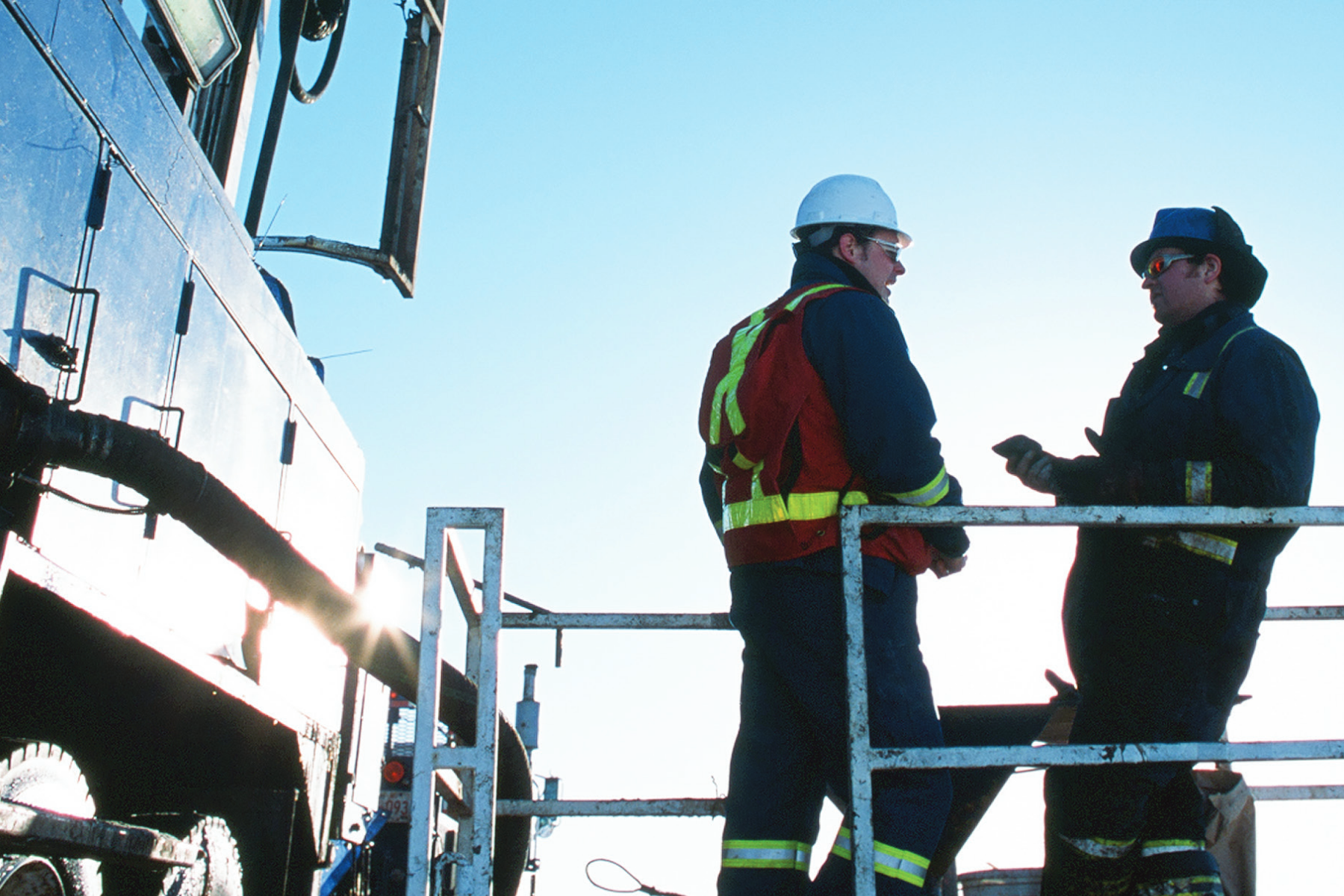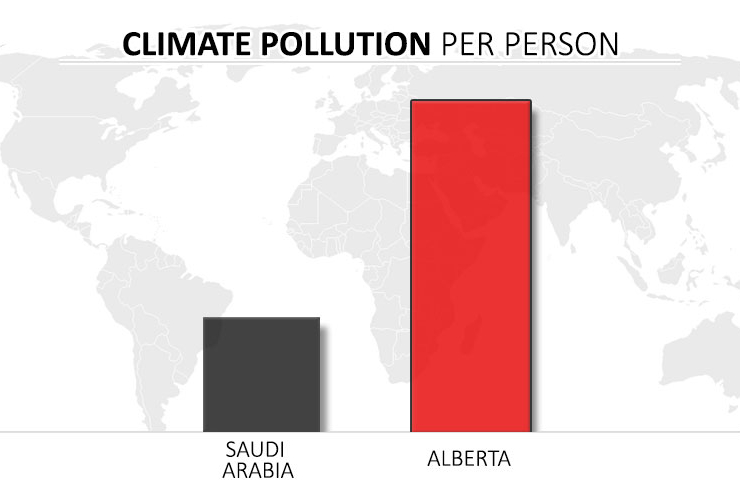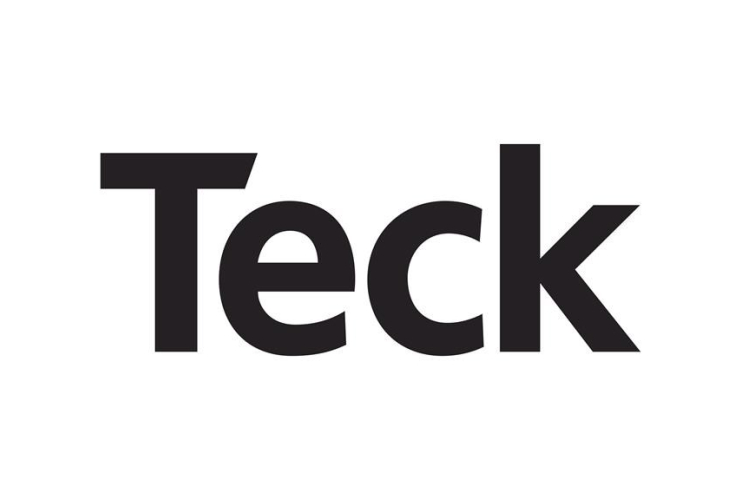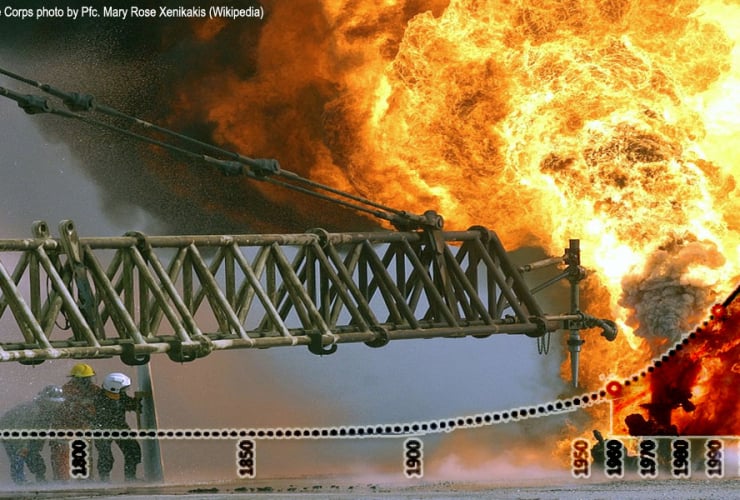A report released today by the Cleveland, Ohio-based Institute for Energy Economics and Financial Analysis (IEEFA) raises serious doubts about the long-term financial sustainability of the Frontier Oil Sands Mine Project, which is being proposed by Vancouver-headquartered Teck Resources Limited.
“The world right now is producing an over-supply of oil,” said Tom Sanzillo, the IEEFA’s director of finance, who co-authored the report with Kathy Hipple, a financial analyst with the IEEFA. “This will continue for the foreseeable future, which will drive prices down and keep them low.”
The report, titled Teck Resources’ Frontier Oil Sands Project Shows Reckless Disregard for Financials, argues that Teck Resources is wrong in assuming that the price of oil will be “in excess of $95 per barrel” for most of the project period, from 2026-2066. It also notes that Teck is sending conflicting messages, having informed its own investors that oil prices will be between $60 to $70 a barrel “for decades to come”.
“On this project, or any oilsands expansion at this moment in history, the bottom line is that it doesn’t make economic sense,” said Tzeporah Berman, an adjunct professor at York University and the international program director of Stand.Earth. “It also poses insurmountable problems to our country meeting its commitments on climate change.”
The first step in the mine-approval process was the creation of the joint federal-provincial review panel (JRP), which was established by the federal minister of environment and climate change, and the CEO of the Alberta Energy Regulator. Last summer the JRP approved the project, and it is now waiting on final approval from provincial and federal authorities.
For its part, Teck claims that the project will contribute $55 billion in provincial royalties and taxes, $12 billion in federal corporate income and capital taxes, and $3.6 billion in municipal property taxes. Those figures assume everything goes according to plan.
“It’s a highly risky, speculative investment for Teck, and they are foolish to go forward with it,” Sanzillo said. “The world oil price is simply not going to hit $100 a barrel, which means that the public benefits of jobs, employment and spinoff activity will happen at a lower level. Ultimately, Teck may profit by cutting corners, even if they make less money, but the public won’t.”
The company remains optimistic with regard to the long-term viability of the project.
“Frontier has the potential to deliver significant value over the course of a 40+ year mine life, operating through multiple price cycles and remaining economic at a range of oil prices,” said Chris Stannell, Public Relations Manager, Teck Resources Limited. “Frontier’s long life, consistent rate of production and low cash operating costs also make the cyclical nature of oil prices more manageable than developments with shorter lives and declining production rates.”
The Alberta Conservative government of Jason Kenney is all but certain to approve the project, with their decision made easier by the fact that Teck reached agreements with 14 Indigenous communities in the project region in advance of the JRP hearings. But uncertainty remains with regard to Justin Trudeau’s Liberals.
“The federal cabinet has full authority to stop this,” Berman said. “It’s in front of them right now: a yes-or-no decision that has to be made by mid-February.”
In making its decision, the federal government could argue, as the IEEFA does, that Teck Resources’ business plan simply doesn’t make sense, thus avoiding the climate change argument altogether. However, it is the government’s duty also to consider climate change, given its international obligations. This was not the case with the JRP, which made it clear in its decision that “the development of policies and programs to meet Canada’s international commitments … are beyond the scope of this project review and the authority of the panel.”
“It’s absurd to declare a climate emergency, and then to approve the Teck oilsands project,” Berman said. “Canada has some of the highest cost, highest carbon oil — the idea that we would want to radically expand this at this point in history is ridiculous. The more we delay, the more it will cost us in dealing with the climate impact.”
The project itself is receiving international attention. During the Fire Drill Friday protest on Capitol Hill in Washington, D.C., on Jan. 10, noted celebrities — such as Jane Fonda, Susan Sarandon, Martin Sheen, Avi Lewis, Linda Capato, Tasina Sapa Win, Tara Houska and others — were photographed holding “Reject Teck” signs. The slogan was first made popular at last December’s United Nations Framework Convention on Climate Change (COP25) in Madrid. At the Washington protest, Eriel Tchekwie Deranger, a member of the Athabasca Chipewyan First Nation, asked the celebrities to participate.
Join @Janefonda, Joaquin Phoenix, Martin Sheen, @omekongo, @ambervalletta, Susan Sarandon, Avi Lewis, Linda Capato, Tasina Sapa Win (Cheyenne River Sioux), Tara Houska and others in joining our call to #RejectTeck! pic.twitter.com/wbppd8NEjb
— Indigenous Climate Action (@Indigenous_ca) January 10, 2020
“I explained to them how the project deeply impacted my own community by being set 17 kilometres from the boundary of the Athabasca Chipewyan First Nation Poplar Point Reserve, its proximity to the UNESCO world heritage site [Wood Buffalo National Park], critical habitat of caribou, bison and the last wild whooping cranes on the planet,” Deranger said. “I explained how it would create six megatonnes of carbon emissions annually. That, and how no tarsands project has ever been denied. I coupled that with the financing from American banks like JPMorgan Chase. And they agreed.”
The JRP decision addresses many of Deranger’s concerns but claims there is no reason for alarm. The 275-page document specifically acknowledges the possibility of adverse effects to water quality in the Athabasca River, the Peace-Athabasca Delta, Wood Buffalo National Park, the Ronald Lake watershed, Buckton Creek and Lake Claire. It clearly relates possible problems regarding the “aerial deposition of metals, polycyclic aromatic hydrocarbons, or acidifying compounds from the project.” The report states that these concerns are “minimal,” while requiring that Teck fund regional water quality monitoring programs.
However, as evidenced by the IEEFA report, it may be the economic risks that present the greatest hazard. Some of the sharpest minds in finance are moving away from fossil fuels, the most recent example being Laurence Fink, the founder and CEO BlackRock, Inc., the world’s largest asset manager, who has written a letter to his clients announcing a number of initiatives to place sustainability at the center of BlackRock’s investment approach. He complemented this with a similar letter to CEOs. The smart money – US$7 trillion, to be exact – is betting on a transition away from carbon, and toward a more sustainable future.
Will Canada’s federal government, as stewards of our economic prosperity, see it that way, too? We’ll know soon enough.
Another case of our devotion
Another case of our devotion to our One & Only God, "Economic Growth" taking us straight to environmental Hell. I predict, just as our Supreme Court has let us down in the BC case, so too will our political authorities let us down by approving this "Teck" monstrosity. We are no longer ruled by anyone with any common sense. All is lost. Having said that, I would invite those authorities to prove me wrong. No one would be happier than I. But I'm not holding my breath. www.PlanetInPeril.ca
There is only one way I can
There is only one way I can think of that will reduce costs inline with Teck's thinking and that involves heavy use of robotics.... meaning no workers or very few. It seems ridiculous to quote barrel price projections that far into the future when no one can state with certainty what the Canadian dollar will even be worth then. If you cannot drastically reduce costs when producing bitumen for sale you cannot profit from the effort. Is Tech thinking that the demand will overtake the glut of current supply? Not without huge subsidies from government I should imagine.
This is how to do it. Just
This is how to do it. Just open that Overton window a bit by establishing a better balance, a New Neutral. Thanks! (New subscriber here ... enjoying the view!)







Comments